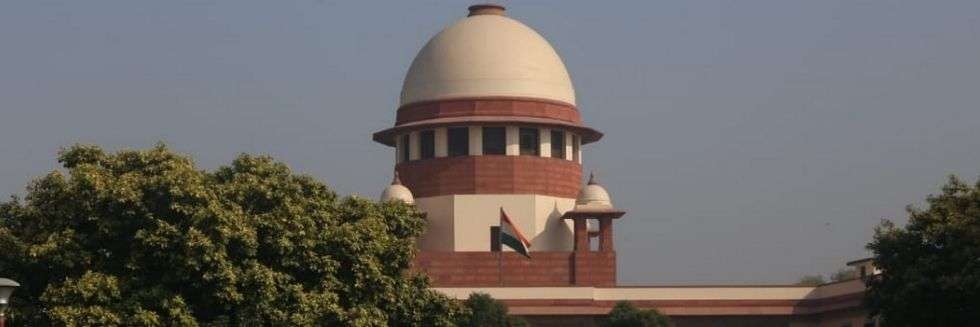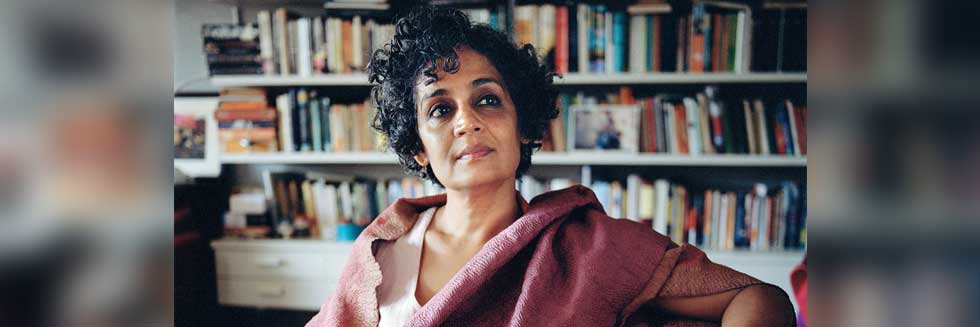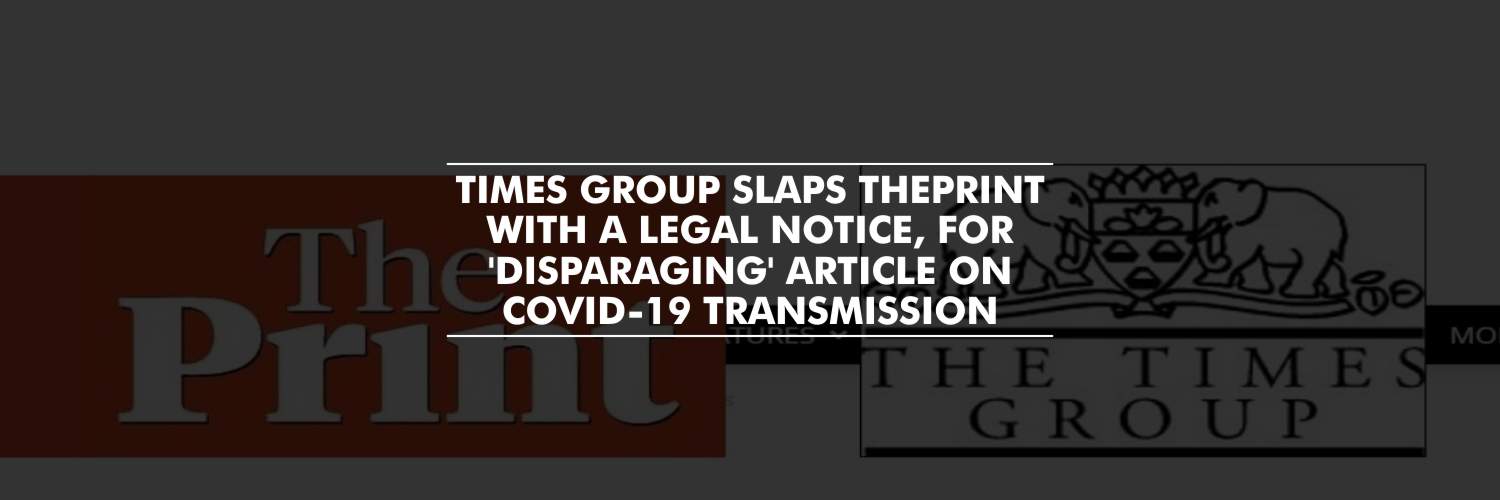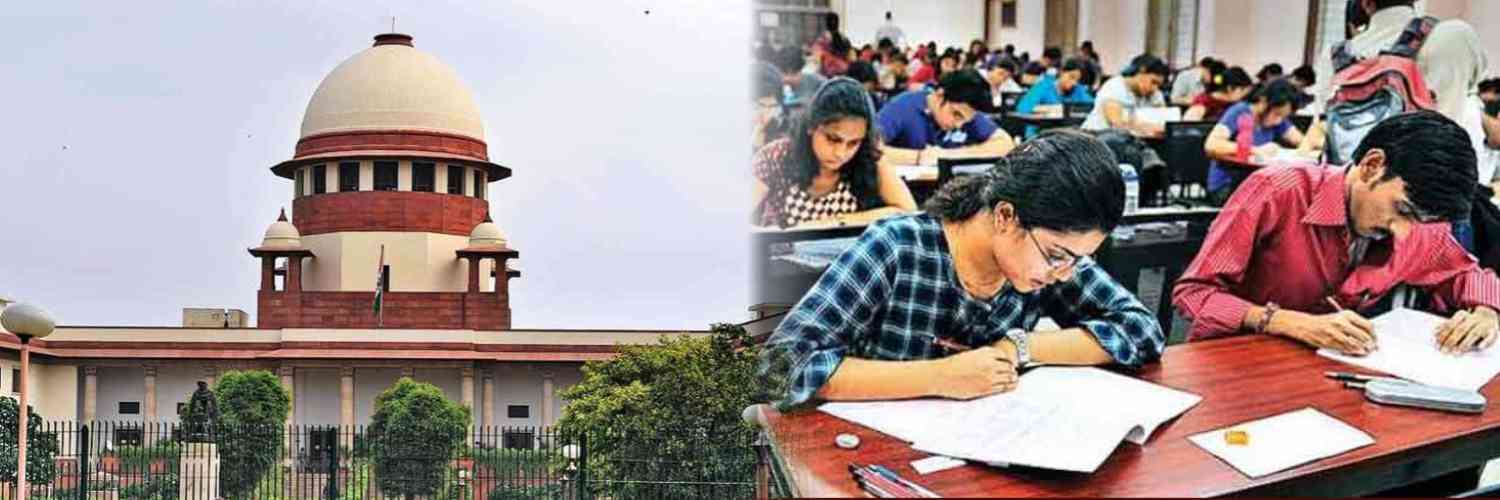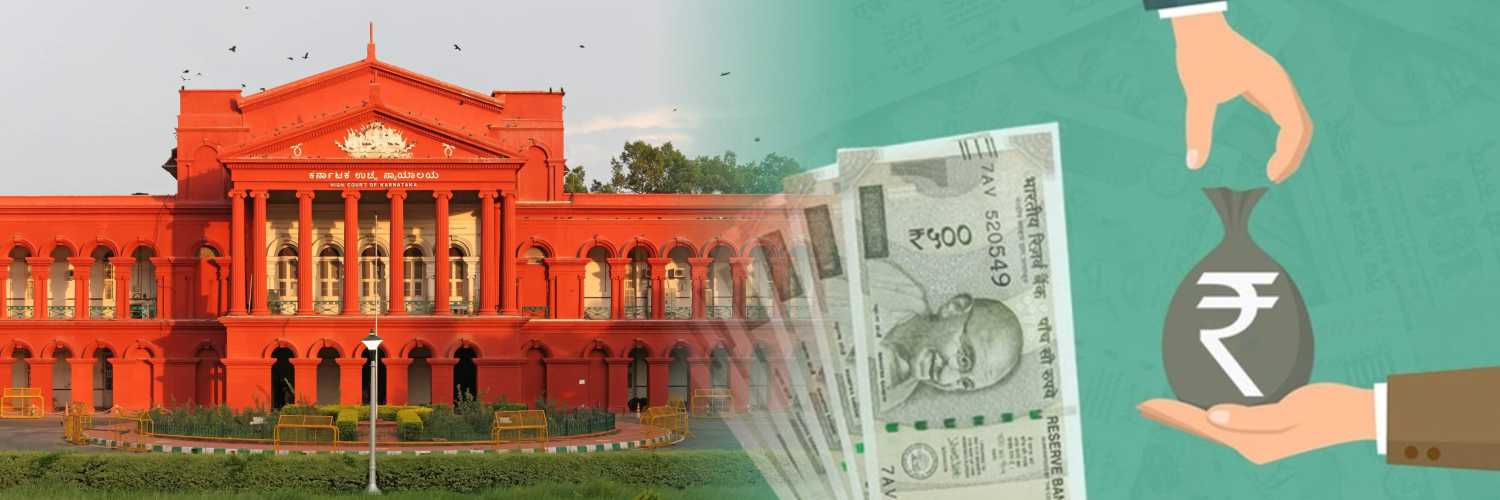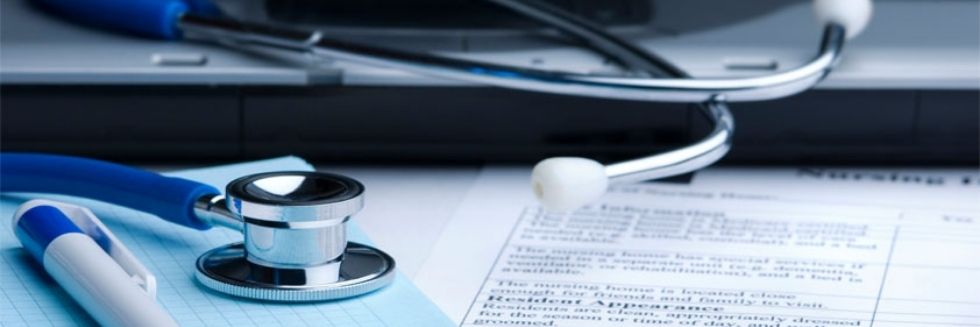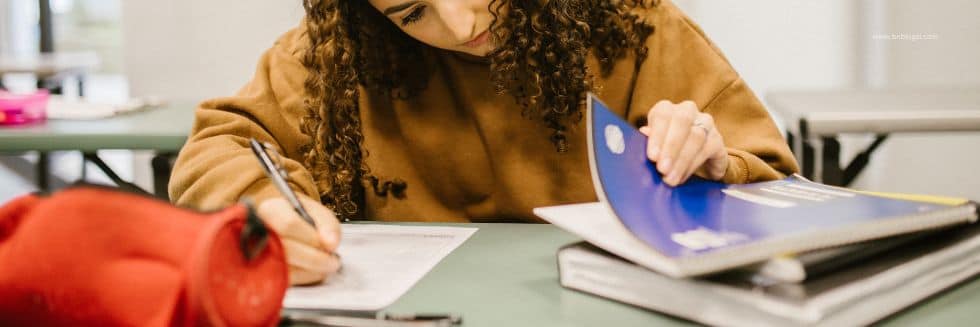The Supreme Court has on Tuesday asked the Centre to respond to a plea by five teachers to protect ‘academic freedom’ seeking directions to specify guidelines to the police and investigating agencies on seizure, examination, and preservation of personal digital and electronic devices.
A Bench led by Justice Sanjay Kishan Kaul issued notice to the Centre and sought a reply in four weeks, in a plea by a group of educationists who sought the court to frame guidelines so that the police treat the academic work and research, usually stored in computers they seize during raids, in a “civilized manner”.
Professors Ram Ramaswamy, Sujata Patel, M. Madhava Prasad, Mukul Kesavan and Deepak Malghan said academicians lose their life’s work when police carry off their computers and drives after a raid. What may be stored in these devices would be their life’s work. At the hands of the police, their work runs the risk of damage, loss, destruction, or even distortion.
“Data that is stored digitally by academics may have been collected through extensive fieldwork spanning decades or the results of scientific experiments or calculations similarly representing major effort. If these are tampered with or damaged, the loss to research in the sciences and social sciences are considerable and often irreplaceable. A lifetime’s work is life as much as a livelihood. Patentable material may exist or work that runs the risk of being plagiarised. Work may also be stored in ‘clouds’, compelled exposure of which carries all of the aforesaid risks as much as the seizure of physical devices,” the petition, filed through advocates Nitya Ramakrishnan and S. Prasanna said.
The “entirely unguided power” of investigative agencies to take control of devices that contain much, if not all, of a citizen’s personal and professional life requires to be treated in a civilized way by means of directives from the Supreme Court, it said.
“Academic freedom is part of the right to freedom of speech under Article 19(1)(a) and also of the right to practice a profession or occupation under Article 19(1)(g). The work of an author or an academic maybe a work in progress to be protected from premature exposure, it may contain sensitive data concerning others, and may store years of research,” added the petition.
